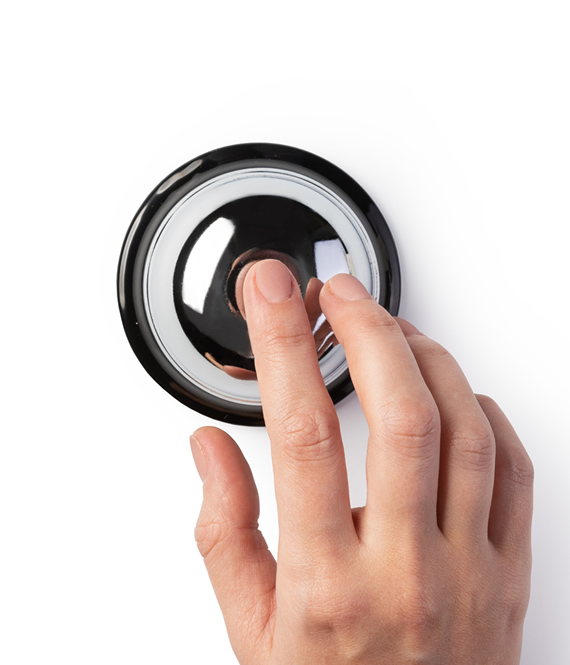
Medical Alert Devices: 5 Meaningful Reasons To Get One For Your Senior Parent
We recommend helpful products in our articles. Read our full disclosure here. The content on this website is not intended to be a substitute for professional advice, diagnosis, or treatment.
The older someone becomes, the more probable it is that they will benefit from the technical assistance of medical alert devices.
According to the Centers for Disease Control and Prevention (CDC), one in every four persons over the age of 65 falls each year.
One in every five falls results in a major injury.
Many doctors may advise seniors to wear portable medical alert devices for their blood pressure, heart rate, or other medical issues to be monitored.
These gadgets can take the form of smartwatches, blood pressure cuffs, and glucose meters.
Read on to learn more about medical alert devices and how they can help your senior parents, aging relatives, or people you care about.
What exactly are Medical Alert Devices?
Medical alert systems are devices that are either worn or installed in the home to keep people safe.
Medical alert systems keep elders safe both inside and outside the house.
When triggered by the senior, these gadgets transmit an emergency signal to emergency responders or primary caregivers.
These gadgets can be activated by pressing a button on a wearable device like a lanyard or bracelet.
Some systems are activated when a senior’s posture changes abruptly, such as a fall.
Some devices can even track a senior’s whereabouts while they are traveling.
These systems can be part of a support network that helps seniors maintain their independence as they age.
You can refer to this guide on Family1st to learn about the best medical alert devices available.
How to Determine Whether Your Parents or Senior Relatives Require Medical Alert Devices
Medical alert devices can help elderly people in several ways.
Your parent may want to think about getting a medical alert system if they fit one or several of the following criteria.
- They are suffering mental changes such as forgetfulness or confusion.
- They live on their own.
- They have vision problems.
- They are frail.
- If there are home hazards like clutters or broken steps.
- You are always concerned about their well-being.
- One or both parents suffer from a medical issue.
- They have no family or neighbors around.
- They’ve previously fallen or been in an accident.
- They’ve previously had a medical incident, such as a heart attack or stroke.
You should think about more than just their age.
When selecting a medical alert system for your parents, consider the system as a whole to comprehend the benefits it may provide.
Some systems, for example, provide supplementary features such as medication or appointment reminders.
This might be a useful feature for someone who has to take many prescriptions throughout the day.
Medical alarm systems can occasionally function as home security systems.
What To Look for in a Medical Alert Device for Senior Relatives
There are several qualities you should look for in a senior medical alert device.
Some of the main aspects that should be covered are as follows.
- Is it compatible with a home security system? Inquire with your home security company about any additional fees.
- Is it completely waterproof? Falls occur in the shower and bath, making this function essential.
- How long does the battery last? Make sure you understand how to charge the gadget and how to tell if the battery is running low.
- Is it suitable for wearing? You’ll want a gadget that your seniors feel comfortable and inconspicuous enough to operate.
- How do you set it up? Will you need more than one base unit or console to cover the full house and yard if there is one?
Investigate whether landlines are necessary or cellular data may be used.
- Will it require any updates? If this is the case, inquire whether the updates are downloaded automatically or manually, and ensure that you can control them.
- Is it possible to move the device? Not all medical-alert service providers give countrywide coverage.
Examine whether the device can follow your senior parents.
- Is the speaker sufficiently loud? Hearing loss might be a barrier, so be sure anybody calling from the response center can hear your senior parent’s voice.
- What is the maximum range? Determine how distant the wearable help button can be from the base unit and still function with an in-home system.
You’ll want one that can cover their entire living space and the neighboring outdoors for your elderly parents.
5 Ways Medical Alert Devices Help Your Senior Parents and Loved Ones
A fall or medical emergency can rapidly turn catastrophic for your elderly parents who still live alone if they can’t reach the phone or obtain help promptly.
A medical alert device provides all the necessary senior technology, security, safety, comfort, and peace of mind.
Here are a few reasons why seniors and their parents should consider medical alert systems.
1. Medical alert devices help to improve the quality of living
Medical alert devices not only allow quick responses to accidents and emergencies.
They are also frequently outfitted with home intrusion systems, GPS monitoring, inactivity detection, and fire, smoke, and CO2 monitoring which are all essential for senior parents who may stay at home alone.
A medication reminder function too can be included with a medical alert device in case your senior parents suffer from special conditions like dementia.
2. They are quite affordable
Insurance companies may from time to time reimburse the system’s costs if the circumstances warrant it, and medical alert devices are reasonably priced so that senior individuals in need can readily obtain them.
A doctor might also endorse the system to assist insurance companies in making their decision.
Agencies that aid older adults with their needs often help pay for home medical alert systems.
3. Medical alert devices can help in activity and fitness tracking
There are various medical alert devices available in the market that provides health and fitness tracking.
These include features such as step counters to track healthy exercise and fitness objectives for senior parents.
For example, if your parents are doing fitness activities that are not suitable for them, then the device can directly send notifications to them or their loved ones in case they are not available.
3. May provide automatic fall detection
While basic medical alert devices provide buttons that the individual has to press in case of emergency, now there are alert devices that come with automatic fall detection features.
These features are especially beneficial for aging parents.
Automatic fall detection uses accelerometer measures from wearable devices as well as barometric sensors.
In the event of a fall, the company can try to contact your senior parents first.
If they are unable to contact them, a representative may call 911 on their behalf.
4. Medical alert devices provide unlimited help
Most medical alert device companies do not take vacation days so aid is available after office hours, on holidays, and even on weekends.
Medical alert devices operate in all sections of the home and, in certain cases, in the immediate surroundings.
To provide even better coverage, choose a medical alert device that covers a large region around your elderly parent’s home.
5. They are easy to use
Most medical alert devices often come in various shapes and sizes.
Some of these devices can be worn as pendants or bracelets, or in even the form of a wristwatch.
They’re not only less bulky but are also less noticeable with subtle designs meant to make them more handy.
These devices are the fastest alternatives to dialing a phone, remembering phone numbers, or punching many buttons.
Medical Alert Devices FAQs
Is Medicare going to cover alert devices for seniors?
Medical alert devices are not covered by Original Medicare (Parts A and B).
However, depending on the plan of seniors, they may be able to obtain coverage via Medicare Part C (Medicare Advantage) or Medicaid, depending on their state.
How much does a medical alert device typically cost?
The majority of medical alert devices operate on a monthly subscription basis.
Depending on the plan you select for your elderly loved ones, you may expect to pay a monthly charge of between $20 and $50.
However, keep an eye out for any hidden fees, such as annual maintenance fees or one-time starting expenditures.
How do I prepare my parents for aging?
Helping your parents age safely may be a challenging and stressful task.
Encourage them to use resources such as a medical alert system.
Listen to their concerns and explain that you are acting in their best interests.
If necessary, enlist the assistance of a third party, such as a medical practitioner or caregiver.
What is the best alert device for the elderly?
Life Alert, Bay Alarm Medical, One Call Alert, and Wellbe Medical Alert are some of the top medical alert systems for older persons on the market.
Conclusion
Some say that aging is a privilege.
It is!
But even while aging, our senior parents must maintain their independence and autonomy for proper health.
A basic medical alarm system may sometimes mean the difference between living at home and having to relocate to an assisted living facility.
"We love to research problems, examine studies, analyze solutions, and share with you ideas that make life healthier. You can learn about us and our editorial standards here. Have suggestions or feedback to share? Send us a message!."

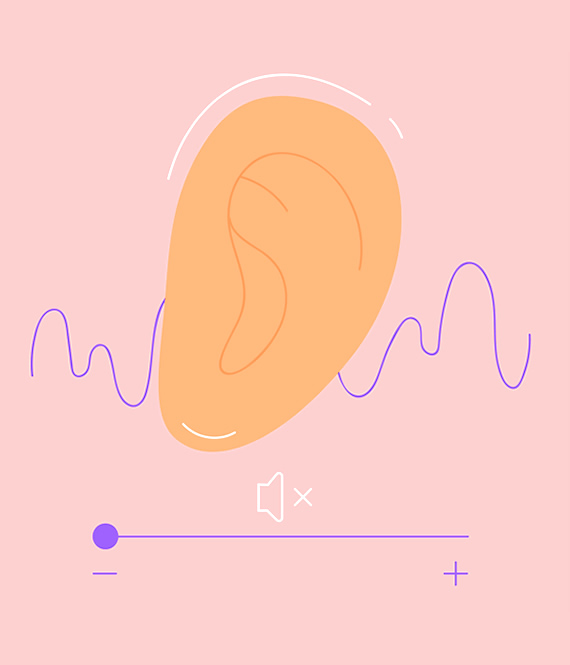
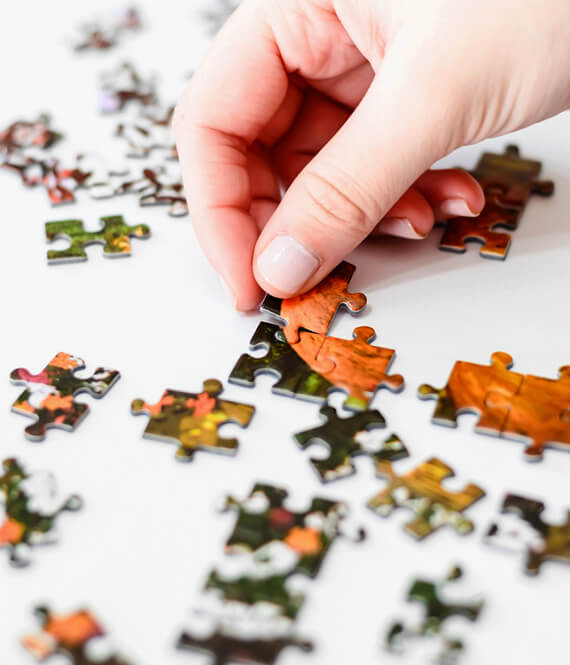
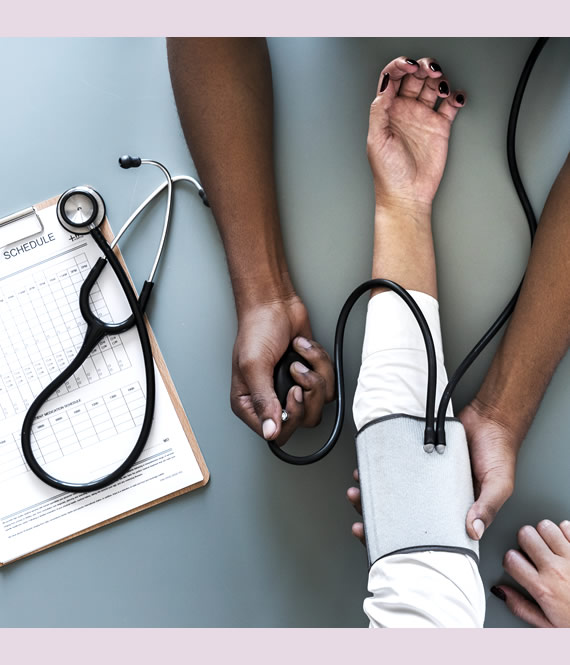
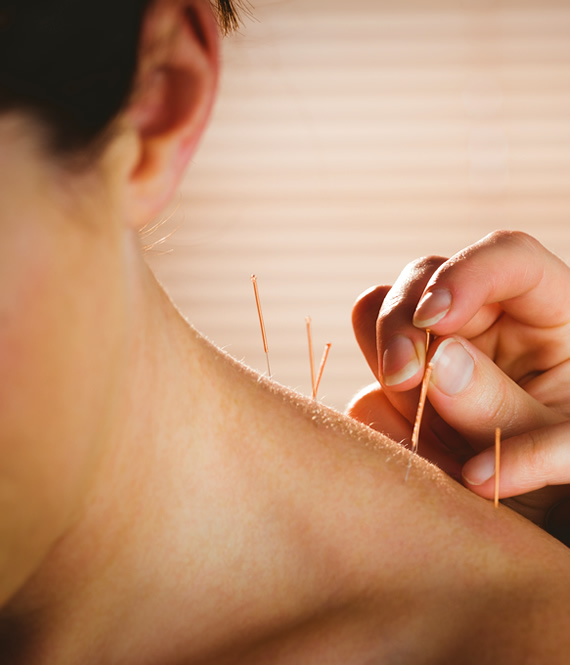
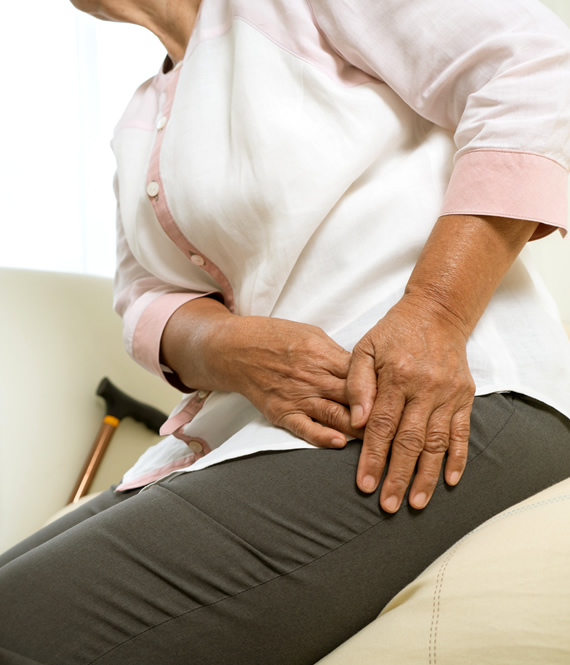

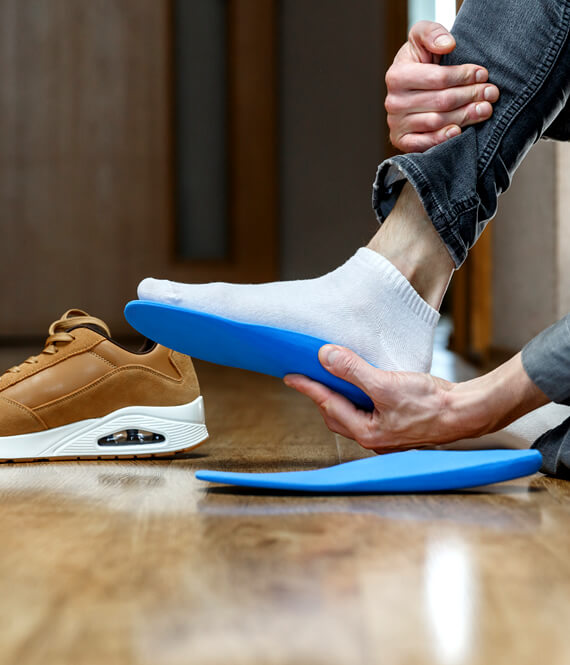

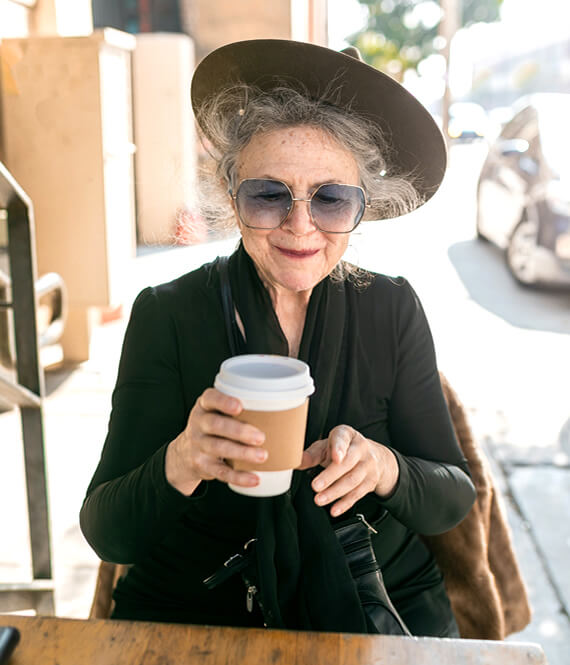
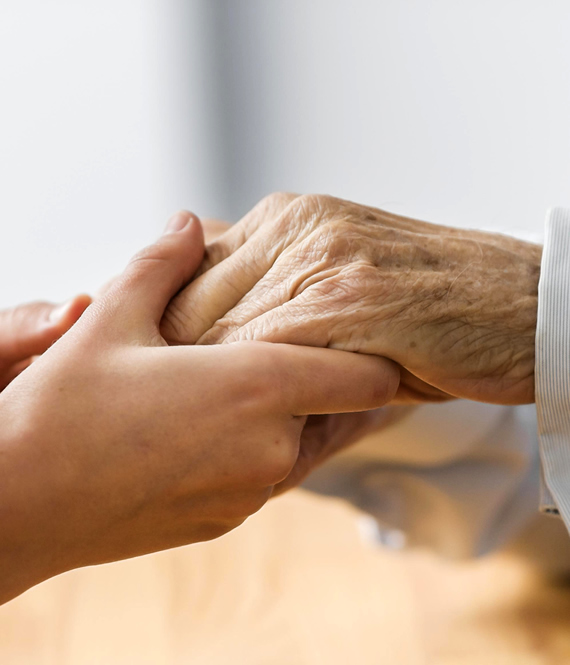
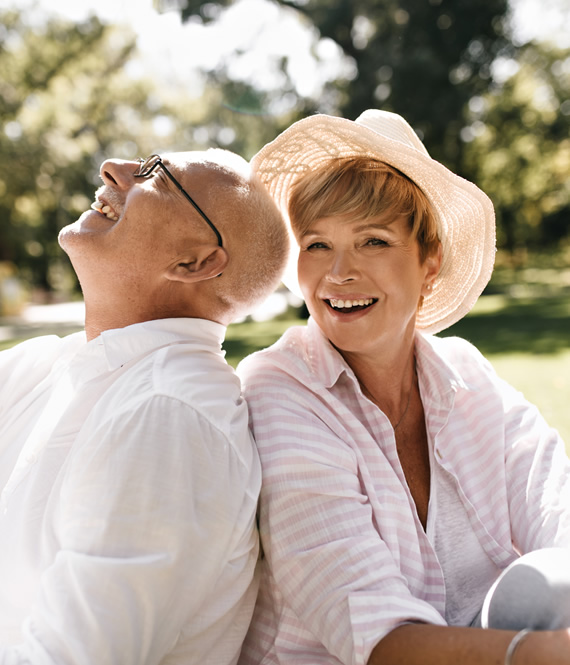
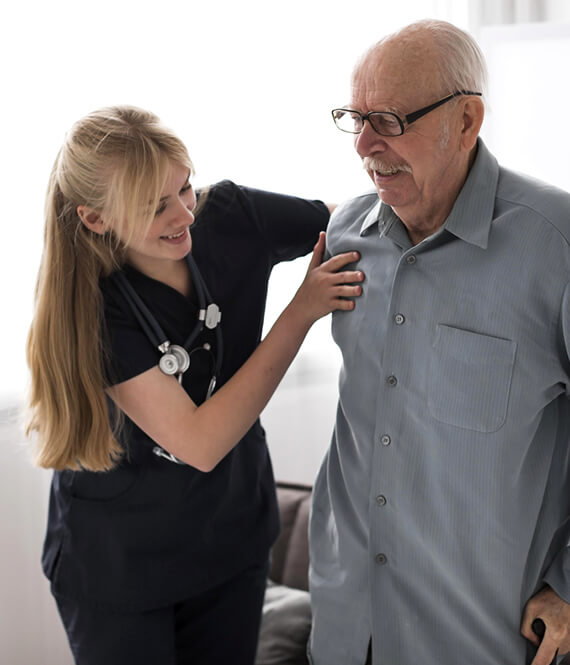
Leave a Comment